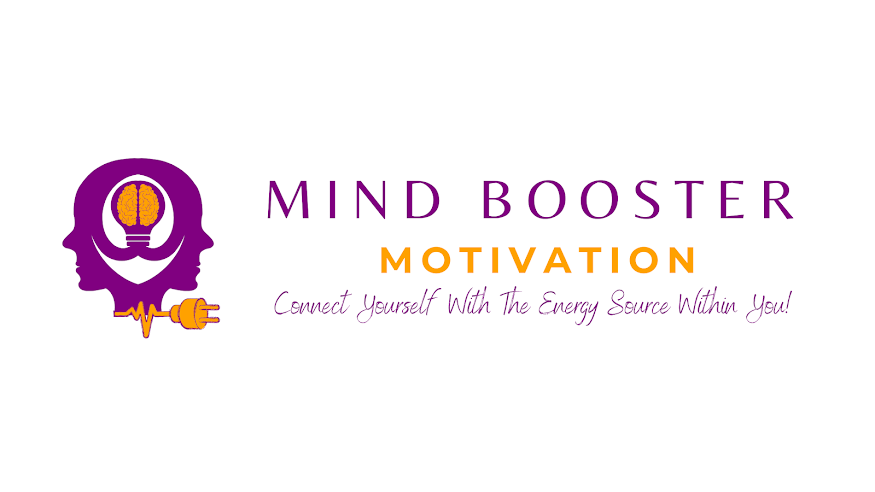Understand the power of the placebo effect as the best motivation tool to use!
Understanding the power of the placebo effect as a motivation tool can be a complex exercise and hard to grasp. Because the placebo effect refers to the phenomenon where a person experiences a positive therapeutic outcome or improvement in symptoms after receiving a treatment that is inactive or has no therapeutic value.
However the effect is typically attributed to the person's belief in the treatment and the expectation that it will lead to positive results. While the placebo effect has been primarily studied in the context of medical treatments, it can also be applied as a motivational tool in various areas. Here's an exploration of how the placebo effect can be utilized as a motivational tool using 13 steps that can help you grasp its potential:
Learn about the placebo effect: Educate yourself about the placebo effect by studying scientific literature, case studies, and experiments. Understand its mechanisms, psychological factors, and potential applications.
Recognize the role of beliefs and expectations: Understand that beliefs and expectations play a significant role in the placebo effect. Recognize that people's thoughts and beliefs about their abilities, potential, and the outcome of their efforts can greatly influence their motivation.
Identify the motivational goals: Determine the specific goals or outcomes you want to motivate individuals to achieve. Whether it's improving performance, overcoming challenges, or reaching personal milestones, clarify the objectives you want to target.
Understand individual motivations: Recognize that different individuals are motivated by different factors. Gain insight into what drives and inspires the people you wish to motivate. Consider their values, interests, and personal aspirations.
Create a supportive environment: Foster a supportive and encouraging environment that promotes motivation. Provide positive feedback, celebrate achievements, and offer resources or assistance when needed. Ensure individuals feel safe, valued, and supported in their pursuit of their goals.
Set clear expectations: Clearly communicate expectations and goals to individuals. Provide them with a clear understanding of what they need to achieve and the steps required to get there. Clarity helps individuals focus their efforts and increases their motivation.
Use positive reinforcement: Employ positive reinforcement techniques to boost motivation. Acknowledge and reward progress and accomplishments, whether through verbal praise, recognition, or incentives. This encourages individuals to continue their efforts and reinforces positive behavior.
Utilize visualization and mental rehearsal: Encourage individuals to visualize their success and engage in mental rehearsal. Visualization techniques can help them build confidence, enhance motivation, and mentally prepare for achieving their goals.
Employ goal setting: Help individuals set realistic and achievable goals. Break larger goals into smaller, manageable tasks, and create a roadmap to success. This approach provides a sense of progress, boosts motivation, and reduces feelings of overwhelm.
Encourage self-belief: Foster a belief in individuals' capabilities and potential. Emphasize their strengths, past achievements, and resilience. Encourage positive self-talk and help them develop a growth mindset that focuses on continuous improvement.
Use symbols and rituals: Incorporate symbols or rituals associated with progress, success, or motivation. These can serve as reminders of the desired outcomes and create a psychological impact. Examples may include wearing a specific item, reciting a mantra, or performing a pre-task ritual.
Provide social support: Foster a sense of community and social support. Encourage individuals to share their experiences, collaborate, and engage in group activities. Peer support can provide motivation, accountability, and a sense of camaraderie.
Adapt strategies as needed: Continually evaluate and adapt your motivational strategies based on individual responses and progress. Not all techniques will work for everyone, so be open to adjusting your approach to maximize the placebo effect's motivational impact.
Remember, while the placebo effect can be a powerful motivational tool, it's essential to approach its application ethically and responsibly. Avoid deception or manipulation and focus on genuinely empowering individuals to reach their goals.







Comments
Post a Comment